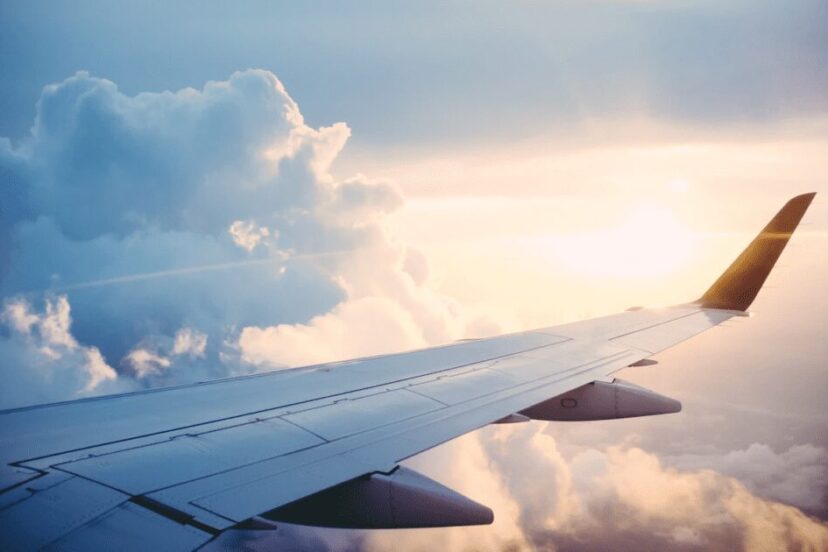Understanding EMF Radiation and Safe Levels for Humans: A Critical Look at the Dangers In today's…
Did 5G Rollouts Cause Flight Delays?

Due to the possibility of disruptions caused by a 5G rollout, Did 5G Rollouts Cause Flight Delays? Travelers were in fear of even more delays, after experiencing thousands of delays due to weather events. While it turned out that 5G most of the major U.S. airlines had made the changes needed to adapt to 5G, just to be on the safe side. So what does this mean for you, and how safe are you in a plane when it comes to EMF radiation?
Delays Were Expected
According to the Orlando Sentinel,
The leader of the nation’s largest pilots’ union said crews will be able to handle the impact of 5G, but he criticized the way the wireless licenses were granted, saying it had added unnecessary risk to aviation.
Transportation Secretary Pete Buttigieg recently told airlines that flights could be disrupted because a small portion of the nation’s fleet has not been upgraded to protect against radio interference.
Fortunately, due to earlier measures put in place, this didn’t happen. But, how safe are you against EMF radiation while traveling in a plane?
EMF Radiation and Airplane Travel
Commercial airplanes utilize various electronic systems, such as navigation, communication, and entertainment systems, which generate EMF radiation. However, the levels of EMF radiation encountered on aircraft are typically within safe limits. In fact, the International Commission on Non-Ionizing Radiation Protection (ICNIRP) and other regulatory authorities have established guidelines to ensure that EMF exposure remains well below potentially harmful levels.
Safety Measures and Regulations: To maintain passenger safety, airlines and aviation regulatory bodies have implemented several measures and regulations regarding EMF radiation. These include:
- Compliance with International Guidelines: Airlines adhere to international guidelines, such as those set by ICNIRP and the International Electrotechnical Commission (IEC), to ensure that EMF radiation exposure remains within safe limits.
- EMF Monitoring and Assessment: Airlines regularly monitor and assess EMF radiation levels on their aircraft to ensure compliance with safety standards. This involves conducting measurements during different flight phases and scenarios to capture any potential variations.
- Shielding and Engineering Solutions: Aircraft manufacturers incorporate design features and materials that minimize EMF radiation exposure. These include shielding sensitive areas and wiring, as well as implementing grounding techniques to reduce electromagnetic interference.
- Restricted Access to Sensitive Areas: Certain aircraft areas, such as the cockpit and areas near sensitive equipment, are restricted to passengers during flight to minimize any potential interference.
Also Read: Potential Hazards of 5G Technology
How to Stay Safer When Flying
While EMF radiation exposure on airplanes is generally considered safe, passengers can take additional precautions for their well-being:
- Limit Device Usage: Minimize the use of personal electronic devices during flight, particularly during takeoff and landing when electronic systems are operating at higher power levels.
- Sit Away from Sensitive Equipment: Passengers concerned about EMF radiation can choose to sit farther away from areas with a higher concentration of electronic systems, such as near the cockpit or in-flight entertainment systems.
- Follow Airline Guidelines: Adhere to any specific guidelines provided by airlines regarding the use of electronic devices and their placement during the flight.
Did 5G Rollouts Cause Flight Delays?
Did 5G Rollouts Cause Flight Delays? Fortunately, no. But that doesn’t mean you shouldn’t take precautions when flying, as mentioned above.



